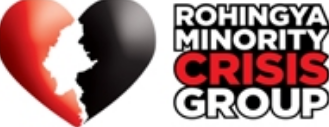
Aug 10, 2012 | News & Press
Call to Action: Rohingyas of Myanmar Need Support
From June 2012, deadly sectarian violence in western Myanmar’s Arakan State between the ethnic Arakan Buddhists and the Rohingya (and non-Rohingya Muslim) communities is part of a long running saga of tension, racism and oppression, which has seen thousands die and hundreds of thousands displaced over the last many decades.
President Thein Sein in July told the United Nations that refugee camps or deportation was the “solution” for the Rohingya.
WHAT CAN WE DO?
This unfolding humanitarian tragedy has an international dimension and requires determined support from all. By applying sustained pressure on the appropriate authorities, through our local
communities, we can bring about change to this apartheid.
This is a human tragedy, and one which affects us all, irrespective of our colour, creed, race or religion. Therefore, please be generous with your
time, wealth and support.
We can all help in raising awareness of the plight of the Rohingya people.
To find out more about what we can do, please click here
To get involved with the campaign, please visit the website of the RMCG
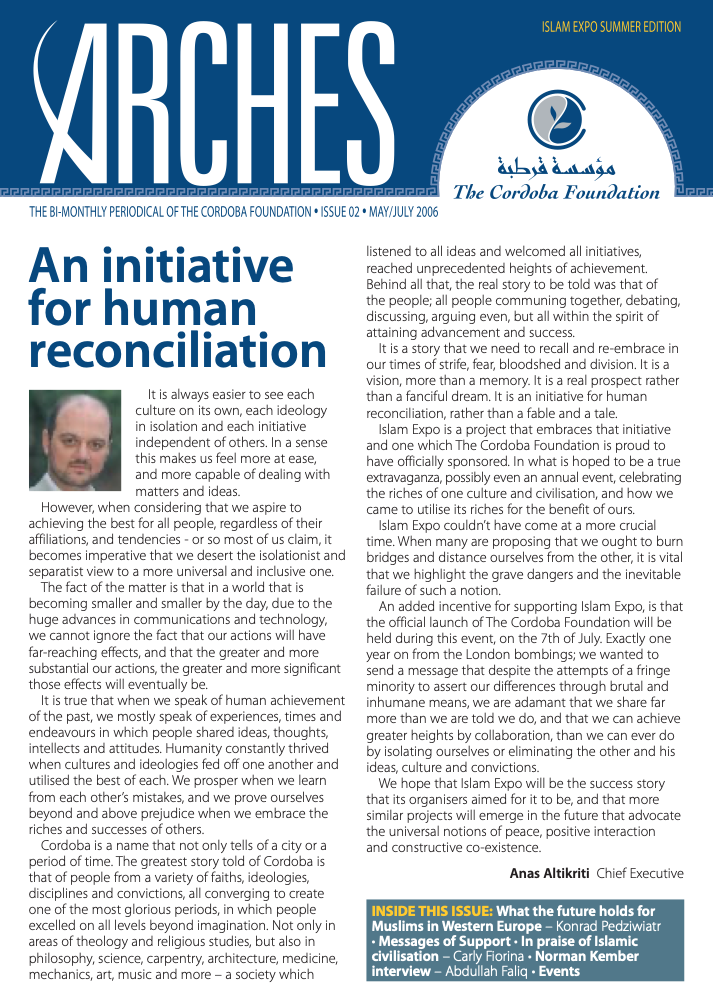
Aug 3, 2012 | News & Press
Faith-based organisations must take a lead in enabling youth to find meaning and purpose in their lives, recommends a report on the riots, which shook London and other cities in England a year ago.
Entitled ‘After the Riots: From Blame to Positive Action’, the report contains the conclusions of a national forum, jointly organised by Initiatives of Change UK, The Cordoba Foundation, Burning2Learn and the Civil Society Forum.
The forum, which was held on 1 February 2012, dealt with the moral and values dimensions of the problem.
The forum brought together some of the principal players, young and old, who were involved directly with the riots, either as perpetrators, victims or people who prevented the riots taking place in their communities.
At the forum, young people were given the chance to air their views and opinions in an open and safe environment and candidly expressed their frustrations about various issues; the relationships with authorities, such as the police, and the lack of job opportunities.
Stressing that ‘this is not the time to despair’, the report states: ‘Throughout Britain, there are seeds of hope. These are sown by community groups and organisations. Out of the bankruptcy of failed regeneration efforts, a new set of organisations are emerging in inner cities. Change and development is taking place at the local levels.’
One of the key segments in the forum, according to the report, was the sharing of initiatives of change, led by individuals and communities. The participants heard case studies of how, against all odds, individuals and communities have created small projects – some even big ones – to tackle issues such as, poverty, gun culture, drugs and unemployment.
The report concludes: ‘All efforts to tackle the root causes of unrest need to take into account these experiences.
‘Solutions to problems abound. The challenge for all of us, particularly decision makers, would be to ensure that such initiatives are sustainable and facilitate similar positive action throughout the country.’ (Don De Silva, Initiatives of Change)
arches2
To read the report, please click here
To find out more about the event, please click here
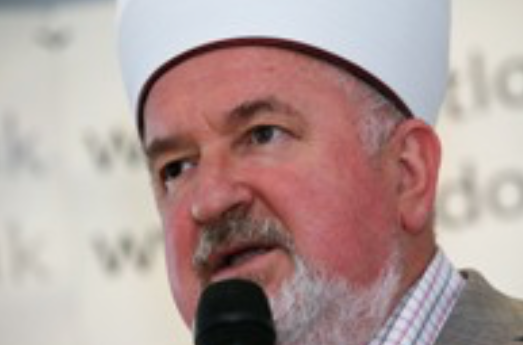
Jul 19, 2012 | News & Press
As the Srebrenica Memorial Day anniversary on the 11th of July approaches its 17th year, we are once again reminded of the lengths that man could potentially go to when immersed in a state of fear, hatred and division.
The Memorial Day puts to rest any naivety that the lessons of the past have not only been learned, but well and truly headed. Not only are human beings chronically capable of committing the most repugnant of acts against fellow human beings, regardless of the advancement of time, the catalysts for these crimes are invariably similar whatever the different and unique circumstances of each.
The Cordoba Foundation has been working tirelessly to raise awareness of the threat man poses against his fellow man, should particular conditions become established on the ground. Whether Srebrenica, Auswitz, Rwanda, Gaza, Kashmir or Somalia, and whether in the last century, this or the one coming, injustice establishes fear which breads suspicion and ultimately hatred. From there, the move on to violence is neither a difficult nor inconceivable step to undertake. Our objective is to work in common collaboration to remove the very initial elements on that tragic path, and to counter the root causes for clashes based on false and misguided understanding and implementation of the concepts of ‘self’ and ‘the other’.
The Srebrenica Memorial Day provides a timely reminder to us all of the challenges that can only be met in a sense of togetherness and community.
The Cordoba Foundation is issuing the special Friday sermon from the Mufti of Bosnia Herzegovinia on this occasion
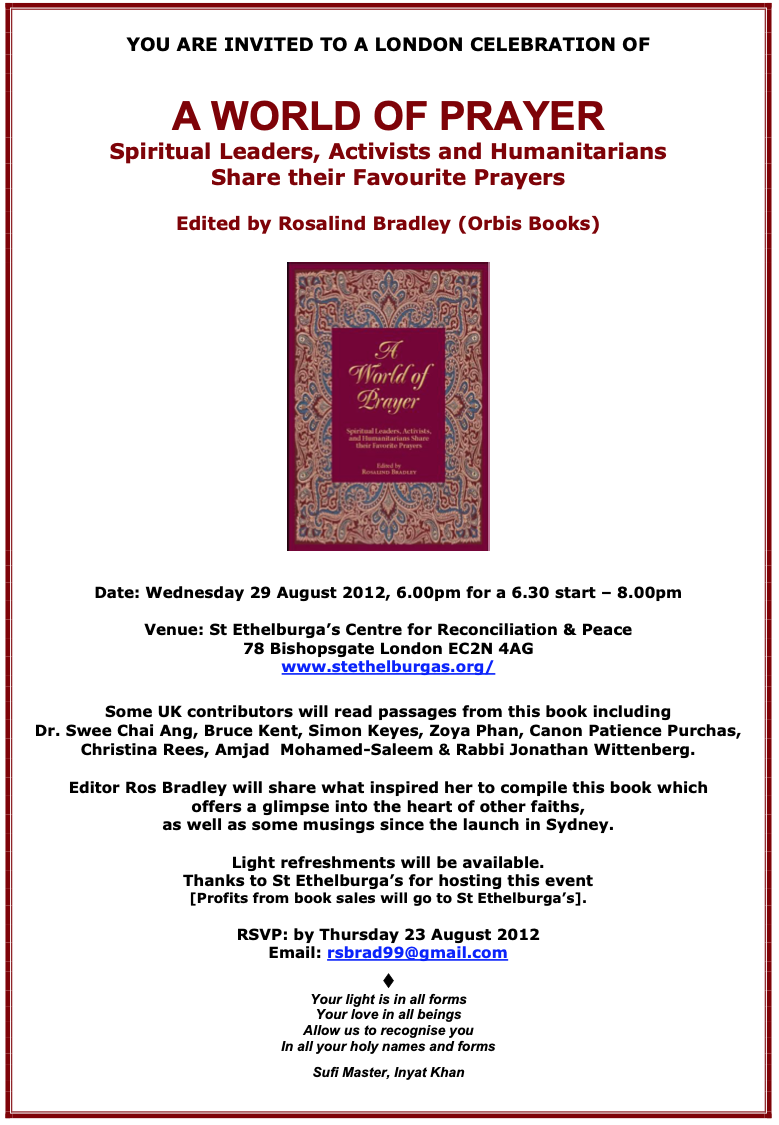
Jul 19, 2012 | Events
Date & Time: Wednesday 29 August 2012, 6.00pm for a 6.30 start – 8.00pm
Venue: St Ethelburga’s Centre for Reconciliation & Peace
78 Bishopsgate London EC2N 4AG
www.stethelburgas.org/
Some UK contributors will read passages from this book including
Dr. Swee Chai Ang, Bruce Kent, Simon Keyes, Zoya Phan, Canon Patience Purchas, Christina Rees, Amjad Mohamed-Saleem (from The Cordoba Foundation) & Rabbi Jonathan Wittenberg.
Editor Ros Bradley will share what inspired her to compile this book which offers a glimpse into the heart of other faiths, as well as some musings since the launch in Sydney.
RSVP by Thursday 23rd August 2012
Jul 13, 2012 | External Events

Jul 6, 2012 | Arches
A quarterly journal providing deeper and nuanced analysis of the issues and developments in the arena of dialogue, civilizations, and a rapprochement between Islam and the West
Download Publication (PDF, 4108kb)
In this edition, Arches Quarterly explores the various strategies and approaches adopted to deal with terrorism and counter-terrorism in an attempt to consider the myriad of possible scenarios and outcomes with which we can break the deadlock we find ourselves i.
Jun 29, 2012 | Events
Seventeen years ago this month, thousands of Bosnian Muslims were slaughtered in Europe. Some were killed opportunistically, but most were killed in a full-scale military operation: hands tied and blindfolded, they were lined up before freshly dug mass graves and shot in the back. In other cases, rather than bussing them to mass grave locations, their captors chose to murder them were they were detained – slaughtering them by the hundreds at a warehouse and theatre, by volleys of gunfire and rocket propelled grenades.
Later, earth-moving equipment would be used to remove the dead – and perhaps some living – and deposit them into other mass graves. It is estimated that over 8,000 Muslims were executed after the July 11, 1995, fall of Srebrenica, Bosnia, to the Bosnian Serbs. Like many of recent history’s slaughters, the international community was already present. A battalion of Dutch U.N. peacekeepers was responsible for protecting the first U.N.-declared “safe area” in Srebrenica. As the Bosnian Serb Army advanced on the city, U.N. offi cials declined to allow NATO warplanes to intervene until it was too late. The Serbs took Srebrenica without a fight and thousands of Bosnian Muslims fled to what they thought was the protection of the U.N. base in Potocari. Rather than offering a safe haven, the United Nations expelled fearful Muslims from their base and watched as another European genocide unfolded. In a scene evocative of Schindler’s List–a case of life imitating art, imitating life- -families were torn apart under the watchful eyes of the international community. Men and boys were separated from women and small children, never to be seen again.
Every year, international diplomats pause to remember the world’s most recent genocides. On 11th July, the world will mark the seventeenth anniversary of Srebrenica genocide. Join us to remember those who perished and the survivors. Meet British Muslims who visited Bosnia in the past, and a delegation visiting this July.
Date & Time – Tuesday 3rd July 2012 – 7pm
Venue: London Muslim Centre, Seminar Room, 4th Floor, 46 Whitechapel Road, London E1
Organised by London Muslim Centre, Islamic Forum of Europe, The Cordoba Foundation and Bosnia-Herzegovina Islamic Centre – London.
All welcome.
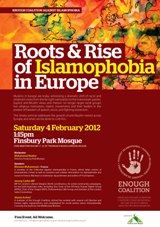
Jun 27, 2012 | External Events
Enough Coalition Against Islamophobia presents
ROOTS AND RISE OF ISLAMOPHOBIA
IN EUROPE
A timely seminar addressing the growth of anti-Muslim
hatred across Europe, and what can be done to curb this.
SATURDAY 4TH FEBRUARY 2012
1:15PM (LIGHT SNACKS PROVIDED)
FINSBURY PARK MOSQUE
7-11 ST. THOMAS’S ROAD, LONDON N4 2QH
SPEAKERS:
Mohammad Marwan – France
Jeremy Corbyn MP
Shazia Arshad – Enough Coalition
MODERATOR:
Mohammed Kozbar
Director, Finsbury Park Mosque
Free Event. All Welcome
For more information, please click here
info@enoughcoalition.org.uk / 020 7424 5252
www.enoughcoalition.org.uk
Jun 27, 2012 | External News
On June 28th while reading my newspaper at breakfast in Cairo, I was stunned to discover that an Egyptian leader I was scheduled to see that evening had been suddenly imprisoned. I was stunned but, as anyone familiar with the Mubarak government, not surprised.
The arrest and detention of Abdel Moneim Aboul Fattouh arrest is but the latest reminder/evidence of the lack of democracy and human rights in Egypt and many parts of the Arab and Muslim worlds. For decades, the common charge is that Islam and Arab culture are incompatible with democracy and human rights. The easy and common culprit we identify today is religious extremist and terrorists. But beyond this superficial response are the deeper causes, too often including the policies of Arab/Muslim and Western leaders. Western principles are often subordinated to perceived “national interests” and thus our support for authoritarian regimes. For many Arab rulers whose positions are due more to heredity, coups, and rigged elections; most rely rely on military and security forces, repression and corruption as their preferred sources for “legitimacy.” But what does the continued detention of Abdel Moneim tell us? Post the Obama-mania, engendered by his address in Cairo on June 4, what can Egyptians expect?
Dr. Abdel Moneim Aboul Fattouh, a physician, and member of the Muslim Brotherhood, served as the head of the Doctor’s Syndicate from 1988-1992 and has been the General Secretary of the Arab Doctor’s Union since 2004. A pragmatist and reformist, he is an influential leader of a younger generation of moderate reform-minded Islamists in Egypt. Amr Musa, the General Secretary of the Arab League, recently called for his release. A member of the Guidance Council of the Muslim Brotherhood since 1987, Abdel Moneim recently participated in the funeral of President Mubarak’s grandson. Not surprisingly, he has long been seen both within Egypt and outside as a moderate, admired and respected professional. Yet, he was arrested on charges of belonging to a group called the Global Muslim Brotherhood Organization and was part of a wider crackdown on Muslim Brotherhood leaders and bloggers. After several days, Aboul Fattouh, who suffers from sleep apnea and requires a respirator, was allowed to have one but as his health deteriorated, he was transferred to Qasr al-Aini hospital. A solidarity conference for Aboul Fattou at the Journalists’ Syndicate; not surprisingly, as has been common in Egyptian elections and many meetings organized to publicly speak out or protest government repression or injustice, the meeting was quickly broken up by riot police. As with many Egyptians, like the internationally prominent secular academic and civil society leader, Prof. Saad Eddin Ibrahim, this is not the first but the third imprisonment of Abdel Moneim. In a country where both US State Department and major international human rights organizations have documented the imprisonment (and often torture) of thousands of Egyptian citizens — not simply terrorists but any major reformist voice that earns the government’s displeasure. The arbitrariness of this tactic has often been proven by the number of times the more independent minded Egyptian judiciary has eventually found many of those detained like Saad Eddin and members of the Muslim Brotherhood innocent and ordered their release, only to be reasserted again and again. So, where do we go from here?
Barack Obama inherits an American legacy, described by Amb. Richard Haas in a surprising speech when he was a senior State Department official in the George W, Bush administration as “democratic exceptionalism,” which Condoleeza Rice’s at the American University in Cairo on June 20, 2005 described as America’s record of supporting regional tyrants for six decades; it was wrong, she said, and would be reversed. Regrettably, this policy initiative died quickly as the Bush administration remained restrained in responding the violence that occurred during the 2005 presidential elections and moved aggressively to blunt and undermine the internationally monitored and supervised elections that brought Hamas to power in 2006.
Barack Obama clearly stated his inaugural address his desire to distance himself from the Bush legacy and return America to its principles and values. And most importantly, Obama, like Rice before him recognizing Egypt as a center of gravity for the region, went to Cairo where, he affirmed his commitment to democratic freedoms and human rights. While acknowledging that “no system of government can or should be imposed upon one nation by any other,” he also stressed, “That does not lessen my commitment, however, to governments that reflect the will of the people…. I do have an unyielding belief that all people yearn for certain things: the ability to speak your mind and have a say in how you are governed; confidence in the rule of law and the equal administration of justice; government that is transparent and doesn’t steal from the people; the freedom to live as you choose. Those are not just American ideas, they are human rights, and that is why we will support them everywhere.”
As the Gallup World Poll, the largest and most systematic poll of the Muslim world, which represents the voices of a Billion Muslims, has demonstrated, majorities in most countries, including Egypt, want democratic freedoms. The arrest and continued detention of Dr. Abdel Moneim Aboul Fattouh symbolizes a long standing problem for which governments in the region and the West bear primary responsibility. It also underscores the need to engage moderate (non-violent) political Islam– to engage the world as it is, especially the cry for justice in response to Arab authoritarianism which, if ignored, legitimizes extremists groups. It is time for the Obama administration and the global community to work together to hear the voices of Muslim citizens and live up to their principles.
Please click here to read the original piece








